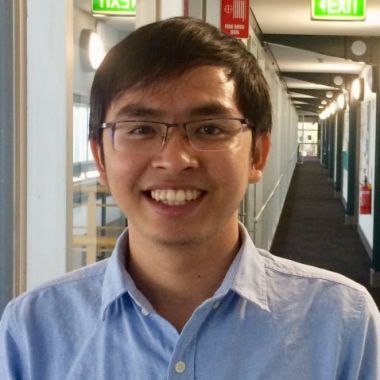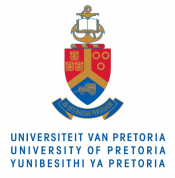
Project 2.4 (2019)
Background
In the design of bound pavement against fatigue damage, the development of a design model relating the pavement’s fatigue response to its configuration and material properties is considered to be the most important task. Australian design standard has adopted a cyclic four-point bending test to characterise the fatigue response of bound pavement and develop the fatigue design model [2]. This experimental method is, however, unable to capture the actual behaviour of bound pavement in the field. Specifically, the experimental sample is supported by two rollers, which does not reflect the boundary condition of bound pavement with its bottom surface being evenly supported by a subgrade layer. In addition, the use of uniform cyclic loading pulses in the experiment has ignored the influences of different magnitudes and periods of vehicle loads applied to bound pavement. Due to such differences, the fatigue design model derived based on the experiment may not accurately predict the fatigue life of bound pavement. It is thus necessary to investigate differences between the fatigue responses of bound pavement in the laboratory and field conditions, thereby incorporating these factors into the fatigue design model.
Project Objectives
1. To improve the fatigue constitutive model [1] for better prediction of fatigue responses of cemented materials under a wide range of loading conditions.
2. To implement the newly developed fatigue constitutive model in the existing in-house high-performance parallel computing MCG-codes for large-scale predictions of fatigue responses of bound pavement materials.
3. To identify key shift factors from the laboratory to the field using the existing in-house high-performance parallel computing MCG-codes and the newly developed fatigue constitutive model.
4. To develop an advanced fatigue design model for bound pavement that incorporates the laboratory-to-field shift factor to better predict the pavement’s fatigue life.
- Dr Ha Hong Bui (LCI - Monash University)
- Professor Jayantha Kodikara (Monash University)






































